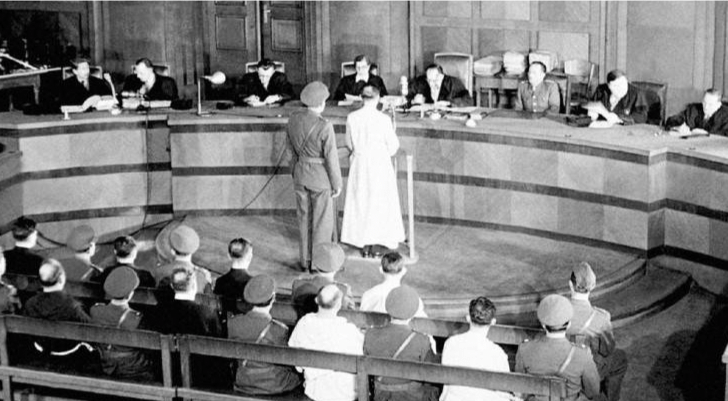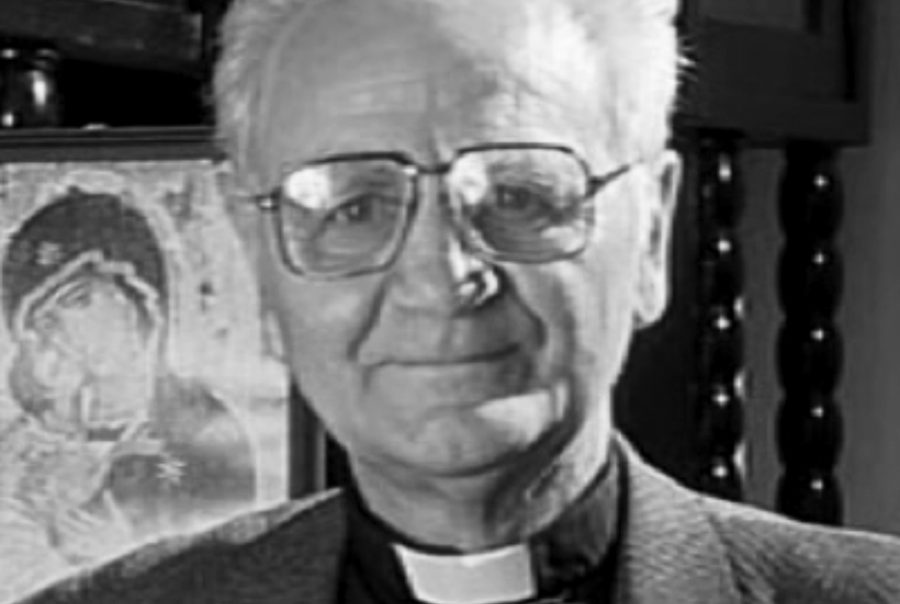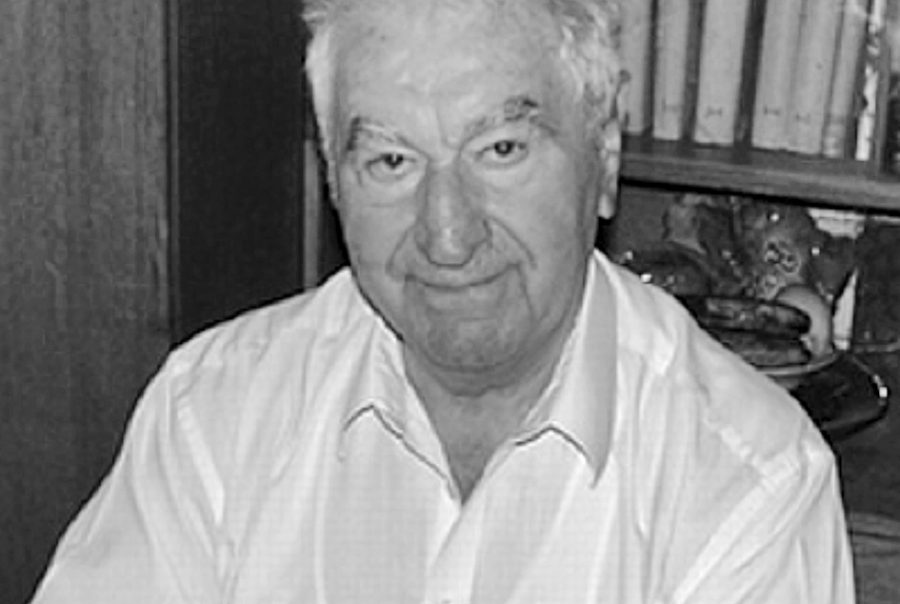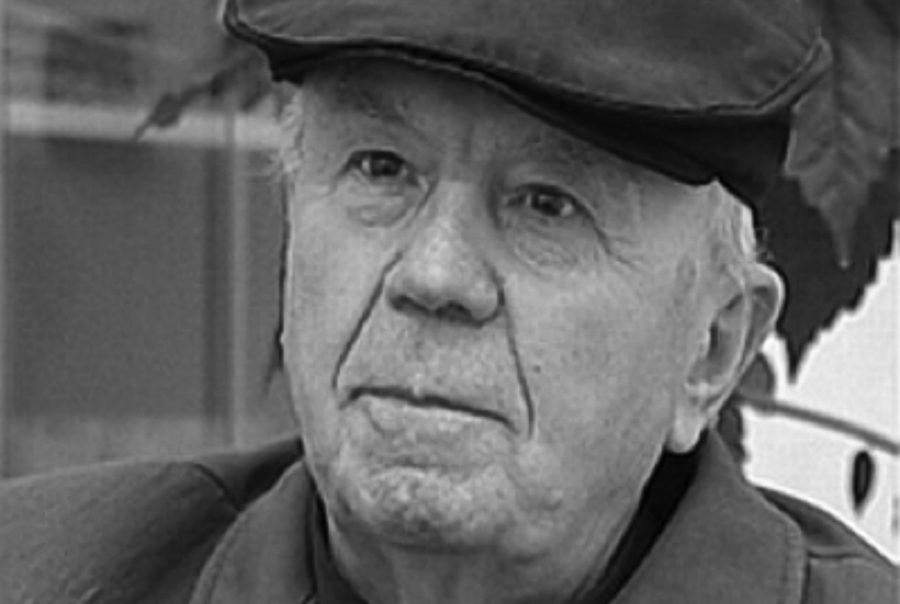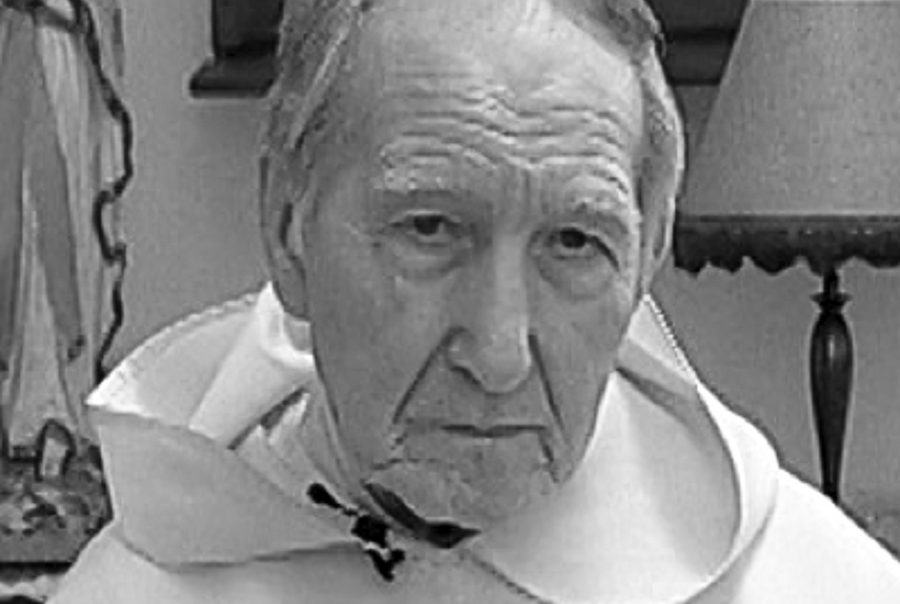After usurping the power, the communists started an open battle against the Churches and believers. The Catholic Church, as the most numerous Church in Slovakia, was affected most by the persecution and harassment measures undertaken by the communist regime. Other denominations – the Evangelical Church, Reformist Church and other smaller Churches and religious groups were also affected. The interventions against the Church were happening despite the fact that the 1960 Constitution of the Czechoslovak Republic declared religious freedom to all citizens. This battle was motivated by the fundamental Marxist-Leninist theses not only regarding religion as „the opium of man“, but also considering belief in God a relic of the past.
On 20 June 1949, the episcopal offices were occupied by state agents. They controlled the overall running of the diocese, visitors of bishops and checked the delivered and sent mail. On the 14 October 1949, the National Assembly approved the Law on Establishment of State Office for Church Affairs and the Law on the Economic Security of the Churches, through which the communist undertook all Church politics and had financial supervision over the Churches. Performing any kind of spiritual service was conditioned with acquisition of state approval and proclaiming an oath of faithfulness to the republic. Additionally, all diocesan seminars were cancelled by way of state decree on 16 March 1950.
On the night of 13 – 14 April „Action K“ (kláštory – monasteries) took place. With the help of People´s Milita, National Security Corps, and Secret State Police and with the assistance of Church secretaries for respective County and District National Committees, a decisive part of male monasteries was dismantled. On the night of 3 – 4 May 1950, as part of „Action K2“, the rest of the monasteries met the same fate. In the second half of 1950, secular priests were also interned in the former summer episcopal house in Mučeníky and from 28 to 31 August 1950, women monasteries were dismantled as well. On the 15 September 1950, Bishop Ján Vojtaššák was arrested, with the rest of the bishops preliminary interned. Those who relucted against the brutal power practices of the communist regime were, same as the priests, arrested. In many villages, the believers watched over their priests day-and-night for months. These actions resulted in trials, where hundreds of ordinary people stood before the court. In the end over 25 000 believers were imprisoned. That’s how the term – religious prisoner – came into existence.


